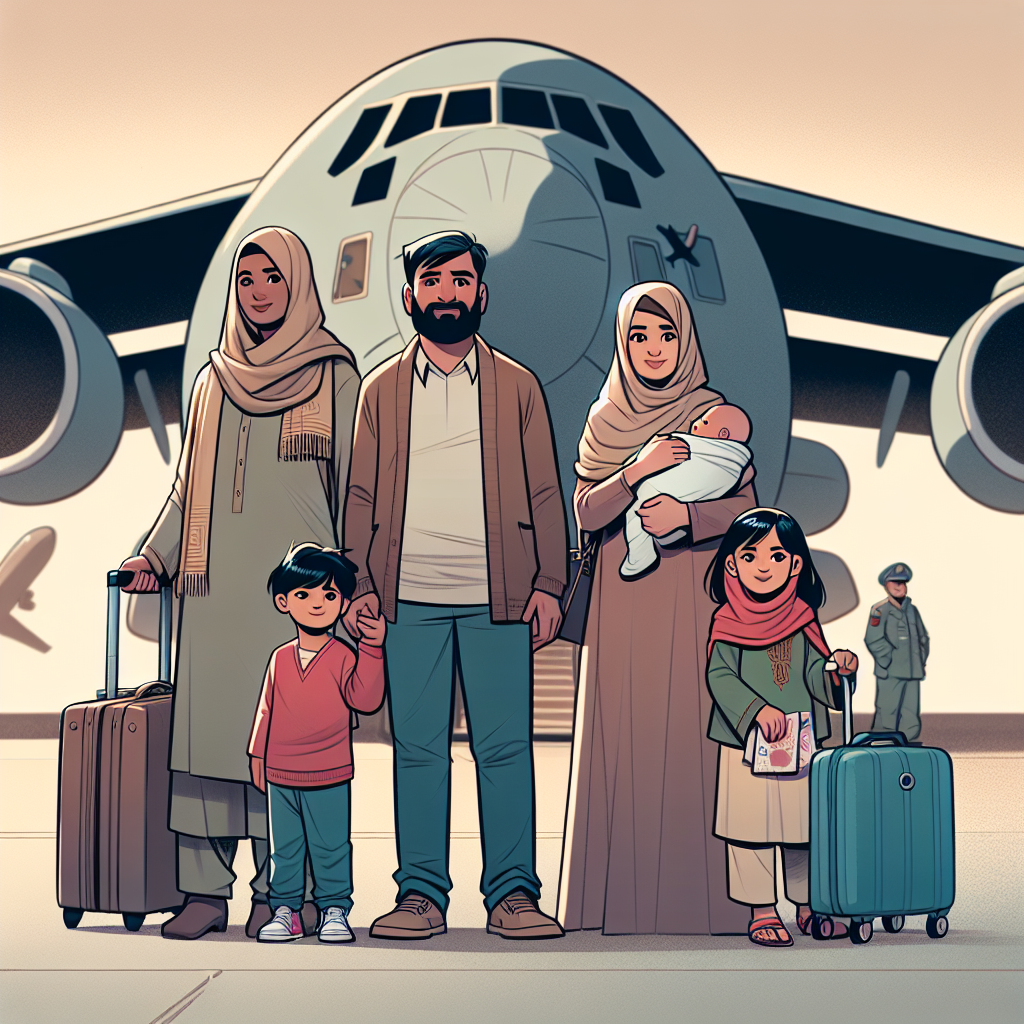UN Warns of Grave Rights Abuses Facing Afghans Forcibly Returned from Abroad
The violations include torture, ill-treatment, arbitrary detention, and threats to personal safety, particularly for women, former government officials, and civil society members.

- Country:
- Afghanistan
A damning new report published today by the United Nations Assistance Mission in Afghanistan (UNAMA) and the UN Human Rights Office has revealed severe and ongoing human rights violations faced by individuals forcibly returned to Afghanistan. The violations include torture, ill-treatment, arbitrary detention, and threats to personal safety, particularly for women, former government officials, and civil society members.
Since 2023, hundreds of thousands of Afghans have been involuntarily repatriated, primarily from neighboring Pakistan and Iran, amid growing international concern over the legality and humanity of such returns. The UN’s findings, based on interviews with 49 returnees conducted throughout 2024, provide a sobering account of the dangers facing returnees under Taliban rule and raise alarms about the widespread violation of the principle of non-refoulement under international law.
Groups Most at Risk: Women, Former Officials, Media and Civil Society
The report identifies several high-risk groups that have faced disproportionate suffering upon return. These include:
-
Women and girls, whose basic rights have been systematically stripped away;
-
Individuals affiliated with the former Afghan government or military, many of whom live in hiding to avoid reprisals;
-
Journalists and civil society activists, whose visibility and past advocacy make them targets for surveillance, threats, and abuse.
One interviewee, a former TV journalist, described her return as tantamount to house arrest. “I can unequivocally state that I am effectively under house detention,” she said. Deprived of work opportunities, mobility, and access to education beyond grade six, she and other women face gender-based persecution that severely curtails their freedom and future.
A former government official reported that after his forced return in 2023, he was detained in a secret location and subjected to brutal torture, including beatings with cables and sticks, waterboarding, and a mock execution. He suffered a broken leg and lasting trauma from the ordeal.
Such cases contradict public assurances by the de facto Taliban authorities, who claim to have granted a general amnesty to former government personnel and fighters.
Legal Violations and the Principle of Non-Refoulement
The report stresses that sending individuals back to a country where they face persecution, torture, or other irreparable harm constitutes a violation of international law, specifically breaching the principle of non-refoulement, a cornerstone of refugee and human rights law.
“Nobody should be sent back to a country where they face risk of persecution on account of their identity or personal history,” emphasized UN Human Rights Chief Volker Türk. “In Afghanistan, this is even more pronounced for women and girls, who are subjected to a range of measures that amount to persecution on the basis of their gender alone.”
The report strongly urges States to conduct individualized assessments before deporting any Afghan national, and to refrain from returning individuals who are at genuine risk of serious rights violations.
Pressures Mount on Afghanistan’s Fragile Infrastructure
The surge in returnees has placed immense strain on the already overstretched resources of the de facto authorities, who have struggled to meet even basic humanitarian needs since their takeover in August 2021. The UN report acknowledges some coordinated efforts by the authorities to manage the influx, but argues that far more needs to be done to safeguard the rights and dignity of all returnees.
“The participation of all Afghans in the social, political and economic life of the country is critical to the development and prosperity of the nation,” said Roza Otunbayeva, the UN Secretary-General’s Special Representative for Afghanistan and head of UNAMA.
Otunbayeva called on the Taliban authorities to meet their obligations under international human rights law and to create an inclusive environment that upholds the rights of women, minorities, and marginalized communities.
International Responsibilities and Calls for Support
The UN report also calls on the international community to step up support for Afghanistan’s displaced and at-risk populations. It recommends:
-
Halting deportations of at-risk individuals until full safeguards are in place;
-
Expanding legal and safe migration pathways for Afghans;
-
Increasing financial and humanitarian support to aid reintegration;
-
Ensuring non-discrimination and addressing gender-specific needs in all assistance efforts.
As conditions inside Afghanistan remain dire, the UN's latest report is a stark reminder that involuntary returns—especially of vulnerable individuals—amount to a failure of international protection systems. With mounting evidence of abuse, torture, and persecution, the report reinforces the urgent need for a global commitment to uphold refugee rights and protect those fleeing authoritarianism, war, and systemic oppression.









